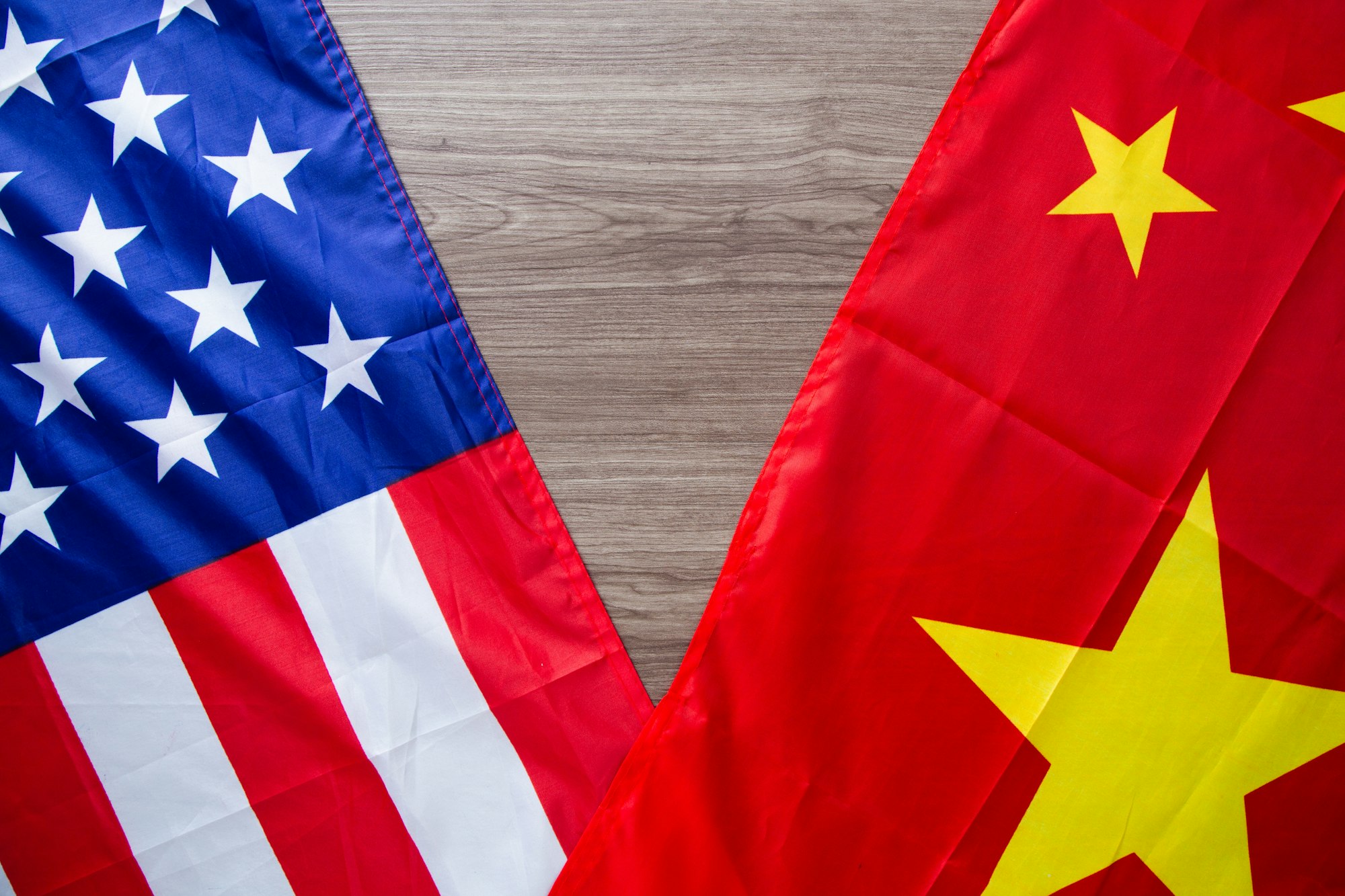What’s Up with US-China Relations: A Catch-Up Between Biden and Xi
Teaming Up on Big Problems
When US President Joe Biden and Chinese President Xi Jinping picked up the phone to chat, they had a lot to cover. Even though the US and China don’t always see eye to eye, they agreed it’s essential to work together on some big issues like climate change and stopping illegal drugs. This shows that even two countries that often disagree can find common ground on problems that affect everyone, no matter where you live.

Climate Change and Drugs: Why They Agree
During their talk, Biden and Xi made it clear they’re both worried about climate change and the drug trade. It’s kind of like when two people who usually argue decide to team up for a group project because they know it’s important. They recognize that some things are bigger than their disagreements.
But, It’s Not All Smooth Sailing
However, it’s not all handshakes and high fives. The US and China have some pretty big disagreements, especially about Taiwan and some economic issues. The US supports Taiwan and wants to make sure ships can move freely in the South China Sea, while China isn’t happy about US sanctions or what it sees as meddling in its business.
Taiwan: The Big Sticking Point
Taiwan is a huge deal for China, and it’s a major reason why things can get tense. The US has a different view, focusing on many issues, including supporting Taiwan. This difference is a big part of what makes their relationship complicated, especially when the US takes steps that China feels are trying to hold it back.
Navigating Choppy Waters: What’s Next?
Keeping the Lines Open
Both countries have agreed to start talking to each other more through military channels and planning more meetings. It’s like they’re trying to make sure they don’t accidentally make things worse and are looking for ways to keep things calm.
Important Meetings Coming Up
There are some big events coming up that could help them figure out how to get along better, like the inauguration of Taiwan’s new president and some visits by US officials to China. These are chances for both countries to show they’re serious about working things out.
So, that’s the lowdown on the latest between the US and China. They’re trying to work together on some big issues but still have a lot to sort out, especially about Taiwan. Keep an eye on what happens next—it’s going to be interesting.

FAQs: Biden-Xi Discussion on US-China Relations
1. What were the main topics discussed between President Biden and President Xi?
Biden and Xi focused on several critical issues, but climate change and the fight against narcotics stood out as key areas where both agreed on the importance of cooperation. Despite their broader disagreements, these topics highlighted a mutual willingness to work together on global challenges.
2. Why is Taiwan such a contentious issue between the US and China?
Taiwan represents a major point of contention due to its political status and the US’s support for the island. China views Taiwan as a non-negotiable part of its territory, while the US emphasizes the importance of Taiwan’s security and its broader role in regional stability. This difference in stance leads to significant tension between the two countries.
3. What actions are being taken to manage the conflicts between the US and China?
To address these conflicts, both countries agreed to resume military communications and have planned for upcoming diplomatic engagements. These steps are seen as efforts to maintain dialogue and prevent misunderstandings from escalating into more severe confrontations.
4. How do US sanctions against China affect their relationship?
US sanctions, particularly those aimed at limiting China’s technological advancements, have been a source of friction. China views these actions as attempts to contain its growth and interfere in its internal affairs, contributing to the strained relations between the two nations.
5. What are the upcoming events that could influence US-China relations?
Key events include the inauguration of Taiwan’s president-elect, which could trigger reactions from both the US and China, and planned visits by US officials to China. These occasions provide opportunities for diplomatic engagement and could help shape the trajectory of US-China relations in the near future.
Sources BBC


